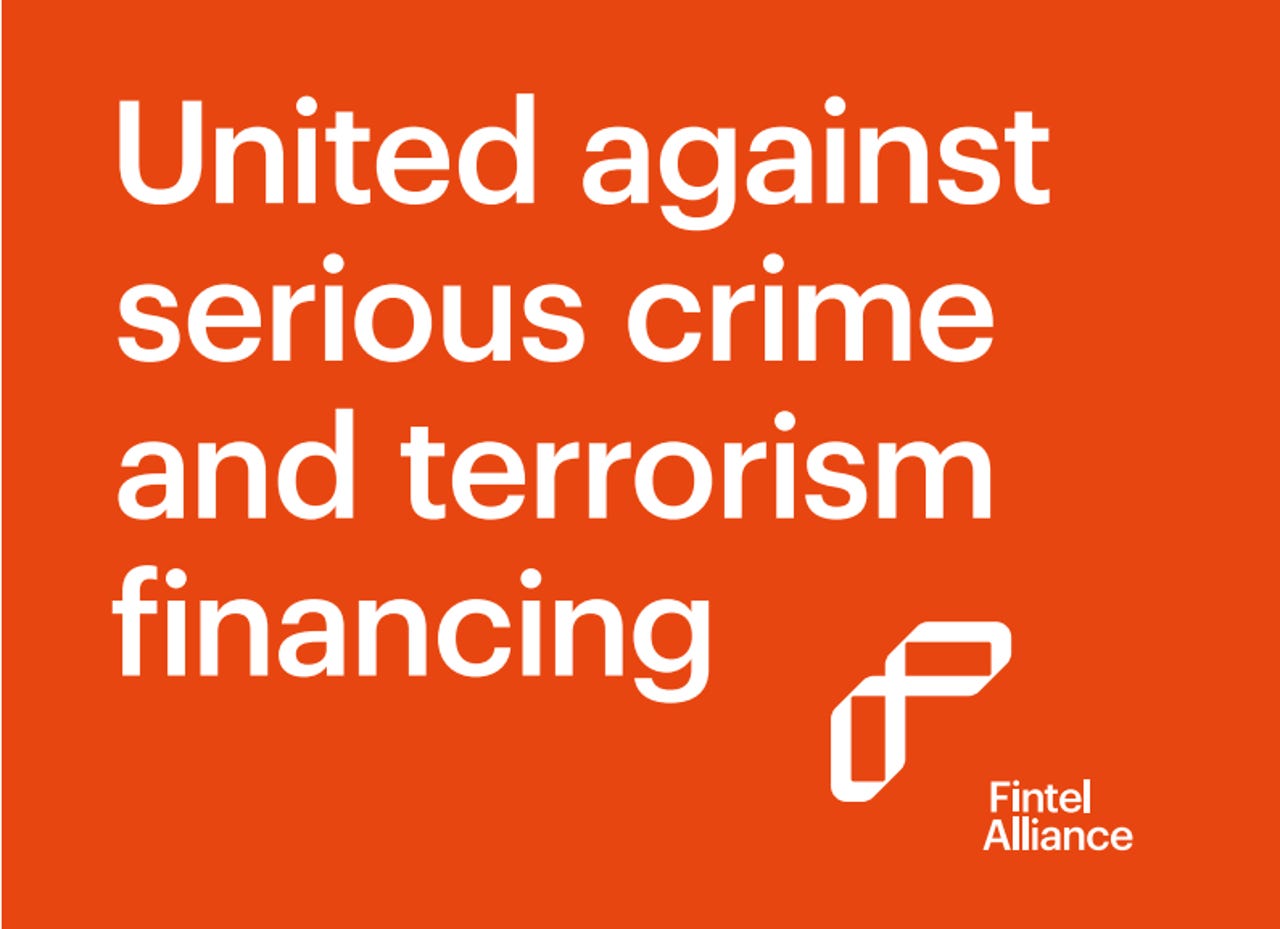Australia's Fintel Alliance combining data to thwart criminal activity


In early 2017, the Australian Transaction Reports and Analysis Centre (Austrac) stood up a public-private initiative to follow the money trail in a bid to "harness and turbo-charge the collective knowledge of government and industry".
Comprised of the financial sector, non-government organisations, law enforcement, and national security agencies, the Fintel Alliance was shaped to combat money laundering and terrorism financing, with the mandate to collectively stop criminals.
Once in operation, international money transfer service Western Union raised an issue of concern with the Fintel Alliance as a possible project.
According to Paula Chadderton, International Counter-Terrorism Adviser at the Department of Home Affairs' Centre for Counter-Terrorism Coordination, Western Union was concerned about credit card transactions of small sums, which it suspected were being linked to child exploitation.
The Alliance combined data sources, including classified law enforcement information on known and suspected offenders. Chadderton said some of this information had not previously been available to many of the Fintel Alliance members, simply because it was of a law enforcement or intelligence-type nature.
This information was also combined with intel from counterparts in the Philippines, as well as data from ANZ bank and Western Union, which provided internal monitoring information.
Chadderton explained that all of the information was given to the Fintel Alliance partners to examine.
The investigation resulted in the identification of previously unknown offenders, plus over 20 referrals to law enforcement agencies both in Australia and Southeast Asia.
There was also a 316 percent increase in child exploitation-related suspicious matter reports over a 12 month period.
"I think what was perhaps critical in all of this was that it advanced awareness of the issue within the financial services industry and it got people talking ... no one wants to see children exploited, no one wants to see children becoming victims of prostitution, people smuggling, human trafficking," Chadderton said "And I think that in itself is an integral part of the benefit of this particular project."
Discussing the Fintel Alliance alongside Chadderton was Deutsche Börse AG chief compliance officer James Freis, who from 2007 through 2012 was the director of the United States Treasury Department's Financial Crimes Enforcement Network -- the person in charge of the US government's anti-money laundering and counter-terrorist financing requirements for financial institutions.
"A lot the banks would say if law enforcement and the intel agencies would just tell me the names that they're concerned about, then I wouldn't go on this search for a needle in a haystack," Freis told Sibos.
"I would come back and say, 'That's really nice, but if we knew all the bad guys they'd already be in jail' ... it's not that easy."
Freis said the name of a suspect isn't the most important information, nor is the data on them in isolation. He used Australia's "world-leading" money transfer tracking as an example.
See: Austrac gets the legal nod to monitor Bitcoin, Ethereum exchanges
"Australia is the world leader in terms of the government looking at data," he said. "Australia has been collecting all cross-border wire transfer information in and out of Australia for 30 years as part of big data analysis -- something that other countries are still struggling to start with.
"Way before Facebook existed [Australia was] doing link analysis and trend analysis ... but that still is not enough. It's this aspect of getting people together and first you have to see what doesn't make sense. When you just do a link analysis on big data, someone who receives regular payments in small round sums is often a drug dealer -- it's also a landlord who every month receives payment."
He said the same pattern itself doesn't make any sense until the customer is known.
"[Law enforcement] need financial institutions to help them interpret and work through the data, the iterative aspect of going back and forth," he continued.
"It would have taken significantly longer and substantially more resources to achieve had it not been for the public-private partnership. God knows how many children potentially would have been affected," Chadderton added.
"Putting together all of that data and all of those different pieces of the puzzle, [ANZ and Western Union] have certain pieces of the puzzle, and the government has other pieces of the puzzle. Blend them together and you can come up with these different linkages which you may not have necessarily have seen -- even through simple water cooler chats saying, 'Hey, I've seen this, want to take a look?'"
SEE ALSO
- Commonwealth Bank and Austrac reach AU$700m agreement over anti-money laundering breaches
- Austrac looks to extend Human Services data-matching project to law enforcement
- Austrac gets the legal nod to monitor Bitcoin, Ethereum exchanges
- Westpac's Juno system centralising risk compliance issues
- How UN law enforcement tracks global cybercriminals (TechRepublic)